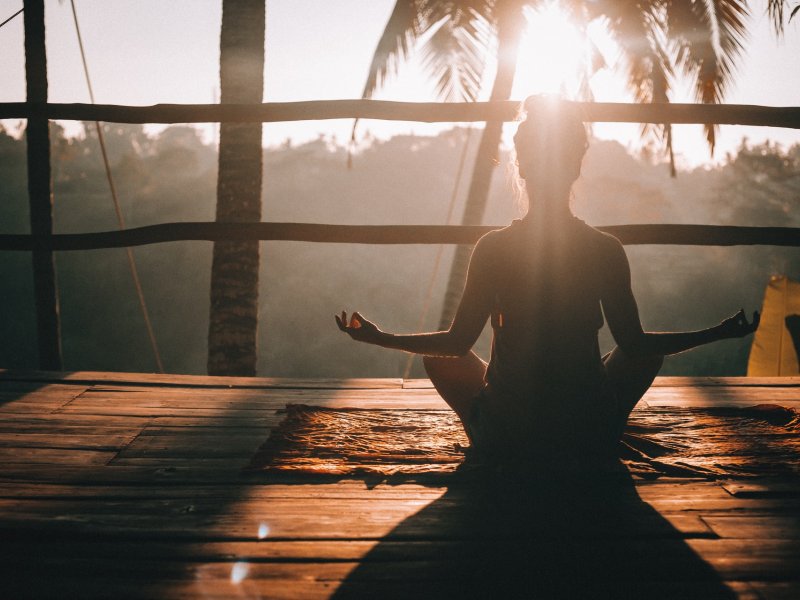It's been over 12 days since the Biden-Harris team took over the Oval Office. One word specifically stayed with me from President Biden’s inauguration speech. He said America is a country of possibilities. I am impressed by this subtle message - almost sending his citizens a subconscious signal to relax as what loads our brain stress is having a sense of being stuck. What relaxes our brain is knowing that we have choices… having possibilities.
Thinking about possibilities is a function of our creative brain. The part of our brain that is responsible for imagination, visualization, and scenario creation.
There are people that are born with a specific temperament inclined towards possibility thinking. For others, it is a function either learned or not. So many people are unable to generate possibilities and therefore feel stuck and stressed. The stress response that our brain gives to certain stimuli is more of a survival response - which means that our brain produces stress to protect us from threats so that we survive.
The dilemma is that chronic activation of stress response produces further stress and causes illness. Illnesses such as headaches, migraines, stomach or digestive problems or some mental health challenges such as anxiety, burnout, depression.
The good news is that possibility thinking is a way to combat unnecessary stress responses and it can be learned. How?

First of all, you need to learn to relax your brain. Guided meditation, making art, walking in nature, exercise and visualization are some methods that are scientifically proven to work for reducing stress and relaxing our physiology. Once you get to relax a bit, you can start to teach your brain to learn possibility thinking by asking these simple series of questions:
- What is one way to change/solve/improve this problem?
- Are there any other ways to solve this problem that you might not have tried?
- What will it look like when the problem is gone?
- What else?
- What will it look like when I have it?
- What else?
- Imagine that you already have it. What will be different?
These questions help us to tap into the unconscious system of our creative brain. If you add visualization to these questions and repeat them for at least a month, then you will start to experience a shift in your habitual mind.
You will notice that your brain starts to generate possibilities more than before.
You will notice that your brain is not as wired as before about problem orientation.
You will experience less stress, more relaxation.
Regardless of what has happened, stress is a huge factor in a lot of issues in all of us today. This is why I truly believe that meditation and taking some time for yourself is extremely important especially during stressful times like the past few months.
Do you meditate? If not meditation, what do you do to relax? I would love to know more!

